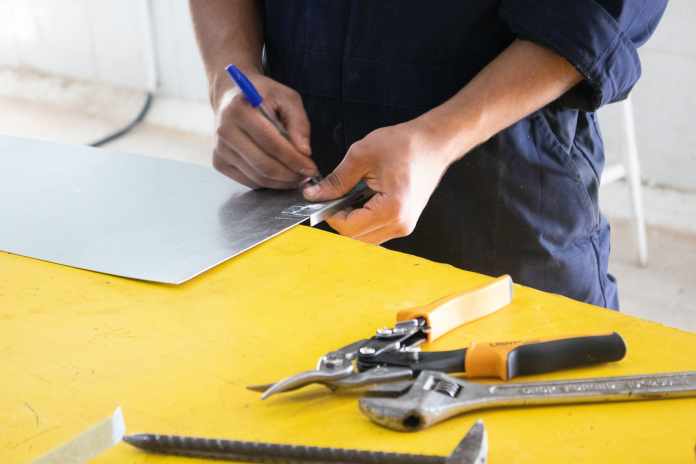There’s not a lot worse than boiler issues. From the lack of heating and hot water to the cost of repairs, it’s one of the woes of being a homeowner or tenant! Although problems are often not found until it’s too late, there are a number of things you can look out for to try and fix common issues before they turn into bigger ones.
How to know if your boiler is having issues
If you’re new to owning a home or are renting for the first time, it can be difficult to know if and when your boiler might be having issues. Often we just expect to never have a problem with them, but when we do, they can cause chaos in the house!
Among the top things to look out for are things such as an unusual noise coming from the unit and your radiators not heating up as normal. Although it’s common for your boiler to make a low humming sound, if it’s making a louder and stranger sound, this could be a sign of something more serious.
Likewise, if your radiators aren’t heating up, this could either be a sign that your radiators need bleeding or there’s something wrong with the boiler itself.
Let’s take a look at some of the other common issues you might face with your unit.
What are some common boiler issues?
Leaking water – Firstly, find out where the leak is coming from! It may be that an internal component such as the pressure valve or pump seal is broken. Either that or your boiler may be leaking from around the tank or pipes as a result of corrosion.
Low pressure – This is usually due to a leak, broken valve or bleeding radiators. To check the pressure on your unit, look at the built-in pressure gauge. If it’s showing below 1, it means the pressure is low. Check for leaks and call an engineer if you discover one. If not, reset the boiler pressure.
Lack of hot water – If your boiler unit is older, you may experience this issue. If there’s sludge in the heating or hot water side of your boiler, you’ll need to call out a heating engineer so they can do a chemical flush on your system.
What you can check yourself and when to call an engineer
Before you call an engineer, it may be worth seeing if you can check out the problem yourself. For example, if you’re experiencing low pressure, it may be as simple as resetting the system to see if that fixes the issue. If you continue to experience low pressure, it may be that there’s a leak in the system – an engineer will need to check this for you.
Another common issue is the pilot light going out, which is the source of ignition for a gas appliance. It can blow out for a number of reasons, but you may be able to reignite it by following your boiler instructions carefully. If you smell gas or notice any other alarming signs, don’t try and reignite it! Turn off your boiler and call the emergency gas line.
If you do have to have your unit replaced, it may be worth considering a bad credit loan to cover the costs. You’ll have to ensure you can afford the repayments before you take one out, but they may help you spread the expense of essential equipment in an emergency.



















